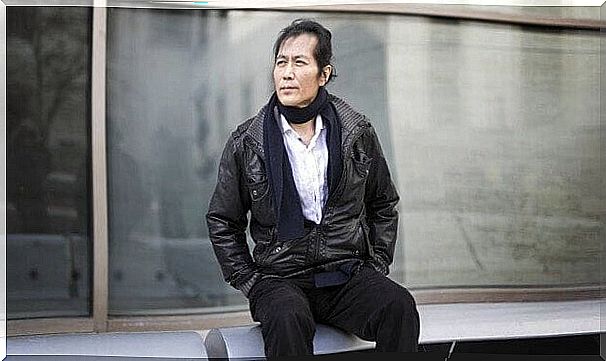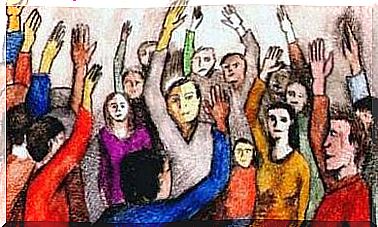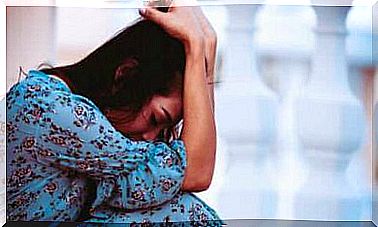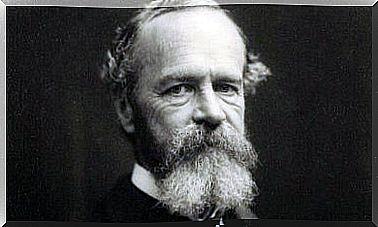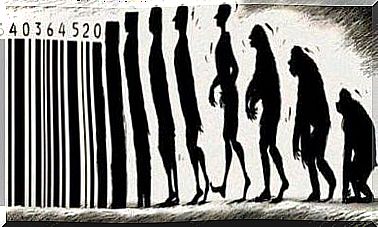5 Key Concepts In The Work Of Byung-Chul Han
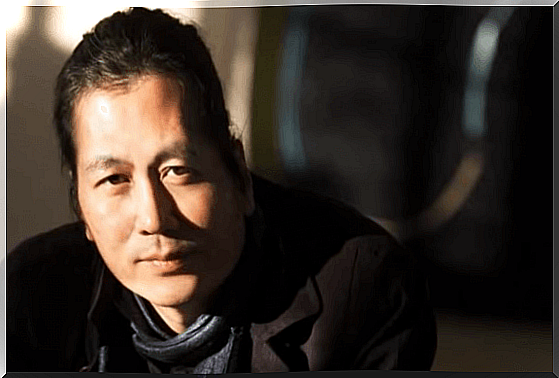
Byung-Chul Han’s work is one of the most interesting of recent times. However, although it is already quite famous, it has not yet been popularized enough. This is why it is useful to approximate its assumptions, especially if we wish to reflect on the current way of life and the direction we are taking.
This South Korean philosopher and writer is also an expert in cultural studies and has become one of the most influential voices in contemporary thought. Byung-Chul Han’s work has focused on exciting topical phenomena, such as technology, the culture of hard work, or the effects of the globalization of capitalism.
Some of the most famous titles of Byung-Chul Han’s work are The Society of Fatigue , The Agony of Eros, Topology of Violence, and Neoliberalism and New Forms of Power, among others. Certain concepts stand out in these works and are configured as the axes of his way of seeing the world. Let’s dig deeper.
1. Self-exploitation
Much of Byung-Chul Han’s work is devoted to reflecting on how we work today. In an interview with the Spanish newspaper El País , he summed up his thoughts in a very concise sentence. He said: “ Today you exploit yourself and think that in doing so you realize yourself ”.
For Byung-Chul Han, today’s man mindlessly follows a social mandate: to do whatever he CAN. Until recently, people did what they NEEDED to do. Now, the human being believes that he must achieve “success” even at the expense of himself, and falls into anguish if he does not succeed. Power doesn’t have to whip it. Everyone submits to this regime of work and consumption, in a completely voluntary way.
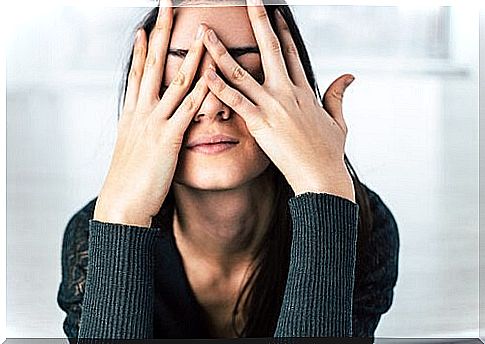
2. Communication
In the work of Byung-Chul Han, reference is also made to phenomena of communication, as we know them today. For him, relationships have been replaced by connections. What is established today is a link between sources of information scattered around the world.
Byung-Chul Han emphasizes that without the physical presence of the other, there is no more communication, but an exchange of information. All the senses, except the gaze, fall into disuse. This is why, in part, communication has noticeably weakened. In turn, people look only to their “peers”. Where is the difference then?
3. Garden
Admittedly, the concept of garden is not one of the most worked on in philosophy. In Byung-Chul Han’s work, it is about resistance to the constraints of the digital world. This sphere has a very diffuse and contemptible materiality. As the philosopher says: “ digital does not weigh, does not feel, does not resist, you pass a finger and it is already ”.
The garden concept is thus a call to return to concrete sensations. Smell, touch, smell… The South Korean thinker speaks of the “secret garden”, this reserved space in which once again we come into contact with material reality, not measured by digital technology. It is, in his opinion, a way to recover what he calls “the original beauty”.
4. The other
The other is one of the concepts in crisis in today’s society. It seems the only slogan is to equalize. The “trends” and “the viral” are manifestations of this desire to belong to a collective that works in unison.
Byung-Chul Han says that the more equal we are, the more production increases. In his opinion, the difference is contrary to the objectives of neoliberalism. If some used smartphones and others did not, the market would be affected. There is currently a radical conformism, an enormous passivity which reduces the human being to the condition of customer or producer.
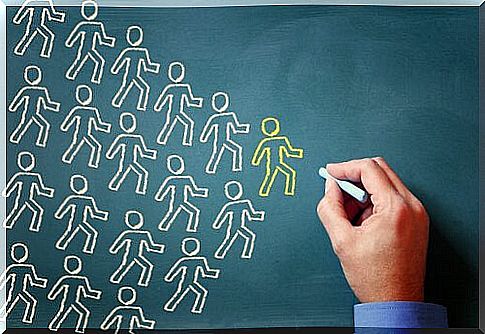
5. Time
Another critical element in today’s world is time. The philosopher says that a revolution in the use of time is necessary. What prevails now is the acceleration and the passenger. It’s an attack on permanence.
For this thinker, it is essential to find time for oneself, that is, time during which we devote ourselves to ourselves. Outside the productive system. Recover the moments of leisure and the moments of celebration. Set aside time for the unproductive, not for the “break” that makes work more efficient.
Without a doubt, Byung-Chul Han’s work is one of the richest and most interesting in the world today. And it’s not just a job. He himself lives according to the postulates he preaches. What he seeks, above all, is to assert his being and his freedom.
